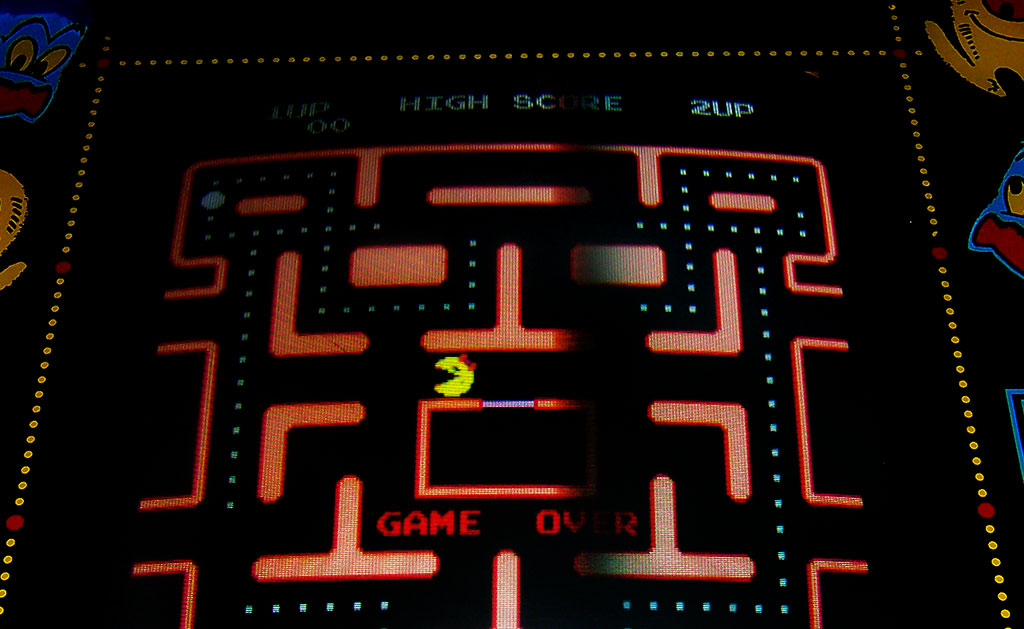 Video games have grown into a cultural phenomenon. Cellphones and mobile devices have opened up gaming to such a diverse group of people that I firmly believe that video gaming can be for anyone. While I love this, I also feel like something has been lost. I don’t think this feeling stems from the people who have joined and embraced my favorite past-time, quite the opposite actually, I value the new diverse groups of people who play and love games. But as video games have grown as a form of expression, they have also become a tool for conveying messages, and as such, susceptible to all the same sorts of political and social conflicts that fill our televisions every day.
Video games have grown into a cultural phenomenon. Cellphones and mobile devices have opened up gaming to such a diverse group of people that I firmly believe that video gaming can be for anyone. While I love this, I also feel like something has been lost. I don’t think this feeling stems from the people who have joined and embraced my favorite past-time, quite the opposite actually, I value the new diverse groups of people who play and love games. But as video games have grown as a form of expression, they have also become a tool for conveying messages, and as such, susceptible to all the same sorts of political and social conflicts that fill our televisions every day.
The days of saying, “it’s just a game,” are over, and in all honesty it’s probably been that way for a while. Personally, I believe a large portion of credit for what games have become today go to the mobile and indie games that have continued to grow in the wake of Kickstarter, Humble Bundle, and app stores. With many indies being less focused on mass market appeal, and telling stories or conveying experiences that were important to them, they opened the flood gates of self-expression through games.
Inevitably when a medium becomes self-expressive it becomes controversial. Video games have had plenty of historical moments of controversy, mostly due to knee jerk public reactions after tragedies like school shootings, or other violent news given gross amounts of sensationalism by the media. When local or federal government condemn violent depictions in video games it used to act as a rallying call. After all, we all loved the games we were playing, violent, non-violent, it didn’t matter, video games were being attacked and we as the players tried to ride to their defense in whatever ways we could.
Today however it feels that game controversies have become more personal. Recent conflicts like the #GamerGate fiasco or for some, the rise of “casual” or “linear” games, have splintered a community that once all stood together as “gamer,” into an easily enraged mob who feel that intimidation, threats, and abuse are noble traits worth holding onto.
Games exist for everyone. While I love the fact that gaming, and the developers who create them, have evolved to the point where uniquely self-expressive stories or experiences can be created and successful, I regret that it has splintered a community that has always felt, at least to me, unified.
I am saddened that this rift has formed in my community that traditionally represented an escape from all the bickering, fear, and hate that seems so readily present in our news and politics. Still, I hold onto the hope that this is simply a transitional period. That the growing pains of what video games are becoming versus what they have been, will eventually fade and that those who have been fighting the transition tooth and nail will look around and see that change, isn’t always a bad thing.


